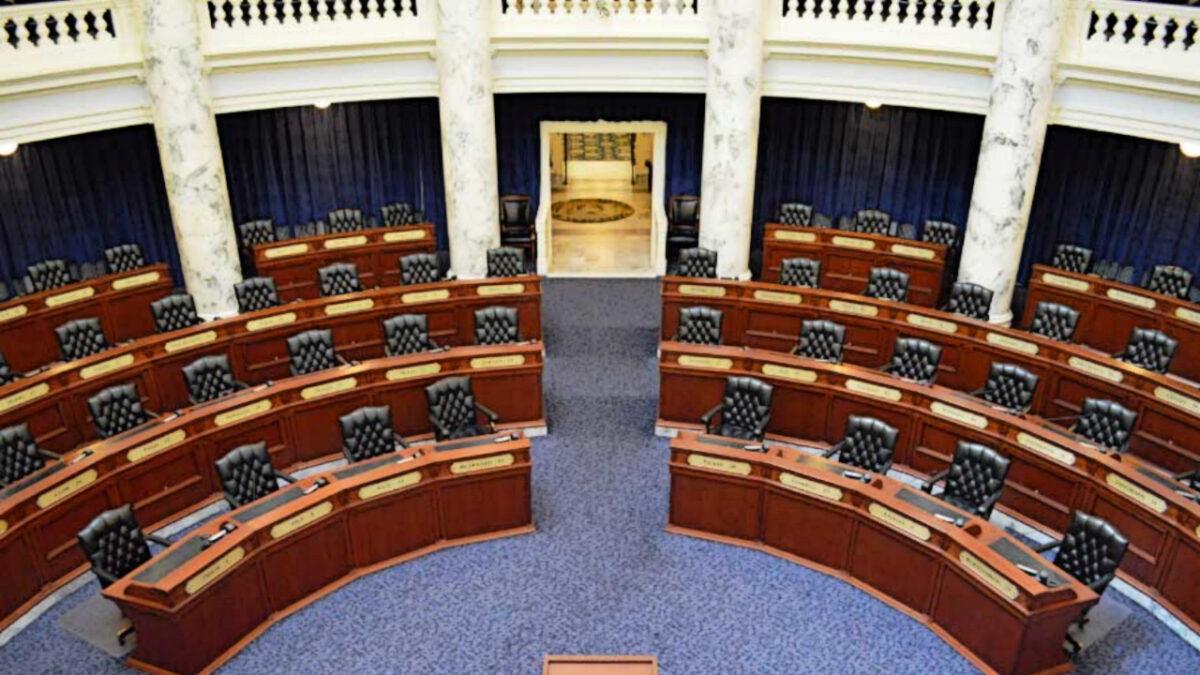From the Concerned citizens of Canyon County Committee
Legislative issues for the 2022 session
The primary issue for the past two years has been the shift of the property tax burden from Ag and Commercial to residential. This is evidently not a concern of our Governor, but I hope it is one of your top concerns. This session will be short due to the May primary and the undecided re-districting map. As such and developed from the Concerned Citizens of Canyon County Committee, we suggest the following items.
- Logical Use of our taxes. Governor Little has already released his wish list and it contains several concerns. The first is the sequestering of a permanent $94 million from the Tax Relief Fund to offset the loss anticipated by reducing the income tax rate from 6.5 to 6%. The Tax Relief fund is the sales tax collected from internet and out of state retailers. I would remind you that during the 2021 session the income tax rate was reduced to 6.5% from the previous 6.9%. This was a boon to commerce and industry while helping working individuals with often minor relief and did nothing to balance the burden or relieve average residential property taxpayers. This committee researched the problem of increasing property tax and developed the format of the 2021 bill Rep. Skaug attempted to get a hearing on during that session. The reason there was no significant increase in property tax this year was from innovative application by the counties and municipalities of the America Cares Act (ACA) federal funding. This however is a onetime fund very similar to the present $1.6 billion surplus we now have. There will be no further reduction of property taxes with money from the ACA. Furthermore, we feel that Internet Sales Tax should be returned to the cities and Counties and not end up in the State Coffers.
To provide relief for the homeowners, we have three areas of concern and the remedy for each.
- Indexing the homeowner’s exemption. This will require utilizing the median value of homes within each of the forty-four counties to establish the exemption. The $125,000 cap placed statewide as the homeowner’s exemption will continue to transfer the property tax burden to the homeowners as did the $100,000 cap placed by the 2015 legislative session. A fixed cap is not relational to the varying values within the 44 counties.
- School levies for Maintenance and Operations. In the state each year property taxes are forced upward by the school levies that are needed by our public schools. It is time to honor the 2006 special session of the legislature’s intent when they added a 1% of total sales tax increasing state sales tax from 5% to 6% of total sales. The purpose of which was to permanently remove the cost of Maintenance and Operations from property tax by utilizing the 1% increase to pay for this required need. The 2007 session amended this bill to allow the funds to be placed within the General fund. Unfortunately, the schools were then denied the intended funding for M&O and were required to initiate levies to cover the required cost of M&O, which for 2021 was $218,251,434. The total sales tax collected in 2021 was $2,085,909,955. The action of the legislature has actually resulted in double taxation for school M&O. The property taxpayer is now paying the extra 1% of total sales tax meant for the schools which was $347,651,659.10 in 2021 and also the property tax for schools M&O of $218,251,434. The funds to resolve this are collected but are utilized instead as funds for the General Fund not school M&O. The affect structurally puts the cost already paid for M&O back on the property taxpayer’s bills.
Should this be blocked, please inform us as to which person or entity has prevented this correction.
- Urban Renewal. Restricting the inclusion of new residential developments or homes less than 30 years of age within the jurisdiction of an Urban Renewal District also needs to be addressed. One of the reasons that the property tax burden of the commercial category is showing a decrease is most of the new commercial properties in Boise, Caldwell, and Nampa are located within an Urban Renewal District. When located within an Urban Renewal District the property tax due on new or the appreciation of preexisting property is not paid to the county or city, but to the Urban Renewal Agency. When this happens, the costs of services property tax is utilized to provide for such as, Ambulance, the county, the city, schools, fire, police, and sheriff that are still required within the Urban Renewal District are then transferred to and paid for by increasing the existing property taxpayers’ levies to adequately cover the cost of these legally required services. During 2021 within the Treasure Valley property taxes increased by over $34 million due to the use of Urban Renewal. Urban Renewal is the method cities utilize to avoid bonding.
Please represent the citizens that elected you to represent them.
Ronald M. Harriman, Chairman of the Concerned Citizens of Canyon County Idaho


